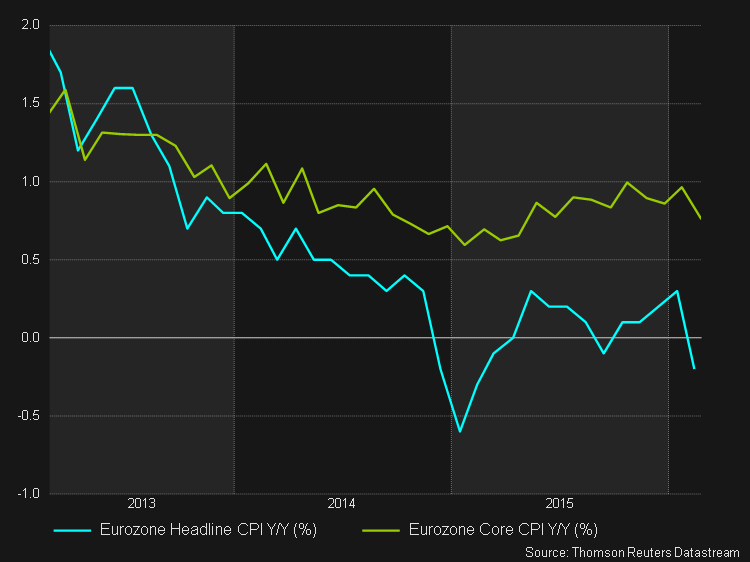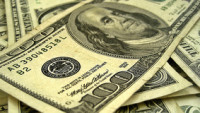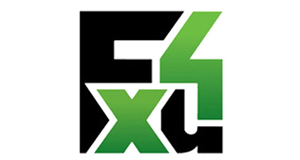
Inflation in the Eurozone slipped back into negative territory in February according to the flash estimates by Eurostat. Annual CPI fell from 0.3% in January to -0.2% last month, which was below consensus forecasts of drop to 0.0%. This was the first negative reading since September 2015 and marks the end of four months of accelerating inflation.
Core inflation was also weaker than expected, coming in at 0.8% year-on-year, against expectations of 0.9%. The core rate, which excludes food and energy items, has been steady between 0.8-1.0% for the past 10 months. But February’s 0.2% drop from 1.0% in January will worry the European Central Bank that inflationary pressures are showing no sign of picking up even when excluding the effects of declining energy prices.
As expected, falling energy prices were the main reason once again for pushing the Eurozone back into deflation. After moderating to -5.4% in January, the decline in energy prices quickened to -8% in the 12 months to February. All other CPI components registered positive growth, although they all rose at a slower rate than the previous month.
The euro came under pressure after the data, slipping below 1.09 dollars for the first time in four weeks. However, its losses were limited as further monetary easing by the ECB in March has already been priced in to the single currency. The euro was last trading at 1.0883 dollars in mid-European session. It fell more sharply against the yen though, dropping below 123 yen and coming close to setting a fresh 3-year low.
ECB policymakers have already strongly hinted that further stimulus measures are likely to be announced after their next meeting on March 10 when the central bank’s latest economic projections will be available for review. Recent data out of the Eurozone has not been very positive. The Markit PMI composite for the euro area has deteriorated in the first two months of the year, while the latest business and consumer confidence sentiment indexes fell more than expected in February. Fourth quarter GDP data was not very encouraging either with growth of just 0.3% quarter-on-quarter and the possibility of slowing further in the current quarter.
Combined with the ongoing weakness in commodity prices, the ECB is worried that low growth and inflation may trap the Eurozone economy in a deflationary spiral. Long-term inflation expectations across the Eurozone are currently near record lows and this may prompt the ECB for more aggressive action in March. In December, markets were largely disappointed by the central bank’s 0.1% cut in the deposit rate and extension of the bond buying program by six months.
Analysts are now forecasting at least another 10 bps cut in the deposit rate to -0.40% and possibly an increase in the size of the asset purchases from the current amount of €60 billion a month. If the ECB fails to deliver a more aggressive measures, markets are likely to be disappointed and this would add upside pressure to the euro.
Source: XM Broker












